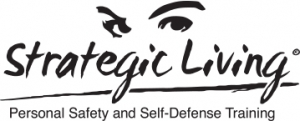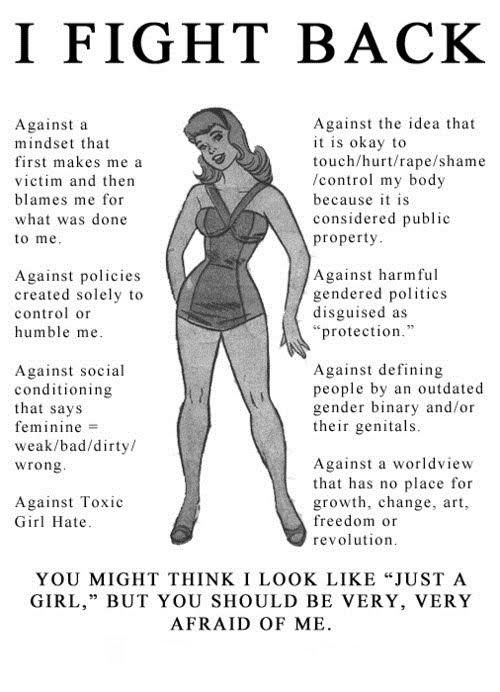It is now October. Eerie in October. The touch of the autumn air in the morning is damp and foggy; even after the fog burns off and the sun emerges, there’s still that after-chill. Leaves, turning brilliant reds, yellows and orange, are just beginning to drift to earth. The coral maple in my front yard is pretty nice!
Halloween, just one evening of ghosts and ghouls, spirits and spectres, will be here in the wink of an eye. Just three days from now.
October is also Domestic Violence Awareness Month. Unlike Halloween, though, domestic violence is not limited to that one evening in October, nor should we be aware only these 31 days. Domestic violence is a wraith that stalks its prey all year long. Abuse victims can be haunted even after the relationship ends: they are more likely to suffer depression and anxiety than are others, often less able to form long-term loving and healthy relationships, and more likely to engage in harmful, high-risk behaviors, according to the DHHS Office of Women’s Health [Sidenote: I used to cite a page from the Center for Disease Control website for domestic violence, but it seems that page on the effects of DV has vanished and I could not find a comparable one on the CDC site. Frankly, CDC, you lost some credibility with me this year — you know those COVID “recommendations” that were tainted by political ambition. So how about you get back to recommendations based on science? Then we can talk about re-building trust. In the meantime, maybe we need to take a break from each other.]
In the 1970s the phrase “the personal is political” gained traction among feminists as women recognized that individual incidents and abuses were commonplace, even routine. And they were socially OK, and systemic. What does that mean?
Let’s say you do not abuse your significant other, but your buddy does and you know about it but you ignore it, don’t bring it up, don’t ask about it, don’t offer help, don’t express concern, but hang out with your buddy like always, and so do everyone else, that makes is socially OK. Socially OK means there’s no consequences for that behavior, and in the case of DV that should not be OK. Systemic means that the issue isn’t taken seriously as a social problem, but rather as a rare individual issue or a personal failing, so few social resources are devoted. That means there’s a lack of available assistance for someone who is being abused. Furthermore, if said abused person decides to speak up, there’s a good chance they will end up socially isolated, financially damaged, and relegated to society’s fringes. Also not OK!
Women have put up with abuse for various reasons. We heard that’s just the way it was, or that’s just life as a woman in modern America so deal with it. Or “boys will be boys.” Or there would be consequences, such as sexual assault, physical battery, or homicide. Those possibilities would hang out like an elephant in the room, ignored and unnamed, a vile presence always felt even if invisible.
If you know a someone in an abusive relationship, please download this flyer and send it to them. If you are into planning and lists, take a look at this inventory for safety planning. Send it to their friends also — they probably feel like they’re watching a bad horror movie, powerless to intervene. In fact, send it to anyone you know. It may save them from this nightmare later. Do your part to exorcise this demon now, for the whole year.

